Fancy a new dessert every day, yet don’t have time? Check out these Sponge cake recipes, that are an easy base for a diverse life!
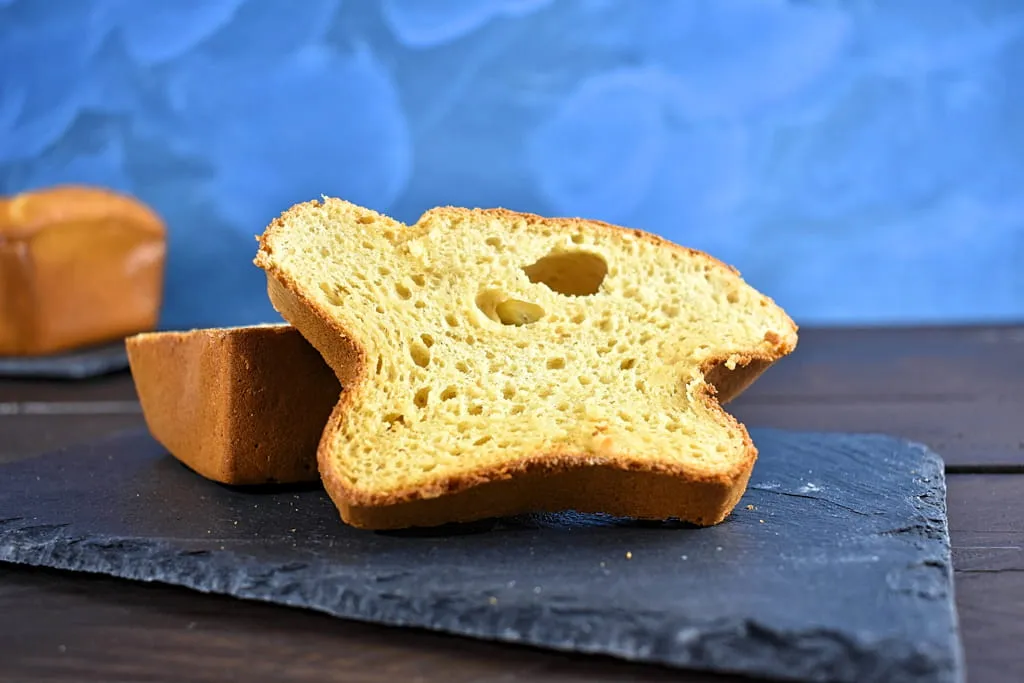
Sponge cake is a beloved dessert that has been enjoyed for centuries, and its history is quite fascinating. The origins of sponge cake can be traced back to ancient Greece and Rome, where sweetened breads were enjoyed during celebrations and feasts.
However, it wasn’t until the 18th century in Europe that sponge cake as we know it today began to take shape. The addition of beaten eggs to the batter created a light and airy texture that was different from the denser sweet breads of the past. The name “sponge” comes from this airy texture, which resembles the porousness of a sponge.
Sponge cake quickly became a popular dessert in England and France, and eventually made its way to America. In fact, one famous American who had a particular love for sponge cake was Thomas Jefferson. Jefferson was known to have a sweet tooth and had a recipe for “Yellow Sponge Cake” that he often enjoyed with a cup of tea.
Over time, sponge cake has evolved to include a variety of flavors and variations. While sugar is a common ingredient in traditional sponge cake, there are now many sugar-free versions available. These sugar-free sponge cakes often use natural sweeteners like honey or maple syrup, or rely solely on the sweetness of fruits.
Sponge cake is also versatile in terms of its uses. It can be enjoyed on its own or used as a base for other desserts like trifles or strawberry shortcake. In some cultures, sponge cake is used in traditional dishes like the British trifle or the Japanese strawberry shortcake.
In conclusion, the history of sponge cake is a testament to the evolution of dessert and the creativity of bakers and chefs throughout the ages. Its popularity continues to this day, and with the advent of sugar-free and healthier versions, it will likely remain a beloved dessert for generations to come.
Ingredients
Beginner
- 6 medium / 300g Eggs
- ⅓ – 1 cup / 100ml – 200ml Water (depending on flour moisture content)
- 2 cups / 250g Plain flour
- 2 tablespoons / 30g Honey or sweetener of choice (optional)
- 2 teaspoons / 8g Baking powder (check instruction on packaging) (optional for extra fluffiness as eggs should do the job)
Advanced – Classic
- 6 medium / 300g Eggs
- 4 tablespoons / 60g Honey or sweetener of choice
- 1 teaspoon / 5g Salt
- 2 cups / 250g Flour (or a bit less)
How to make Sponge cake
Beginner
- Separate egg whites from yolks and put them into two different medium sized bowls. (How to separate egg yolk from white)

- Beat yolks and water with an electric whisk on high speed. If we use any sweetener then add it now. The yolk will raise up quite a bit. It’s ready when it is light yellowish in color and stops growing.

- Clean beaters properly before using it to whisk egg whites. Make sure they are spotlessly clean otherwise egg whites may won’t form peaks. Beat egg whites on high speed until peaks form. This will take a couple of minutes but it doesn’t need to be as hard as to be able to hold a spoon on its edge.

- Gradually mix the flour and the optional baking powder with the yolks until they are completely incorporated.

- We are looking for a soft mixture here. Maybe a little bit less dense than honey so if we feel that it’s hard to mix then add some water to it one tablespoon at a time.

- Use a spatula to fold the whites into the yolks-flour mixture little by little.

- Avoid stirring, we are trying to achieve a consistent yellowish light texture here without breaking the fluffiness of the egg whites too much.

- Get baking form ready by covering it with baking sheet or spreading butter and sprinkling some flour on top to avoid pastry sticking to the baking form or use a silicon mold. Pour the mixture into the baking form.

- Bake the sponge cake in a 356°F / 180°C preheated oven until its internal temperature reaches 190°F / 88°C, which should happen when its top gets golden brown, in 20 to 25 minutes.

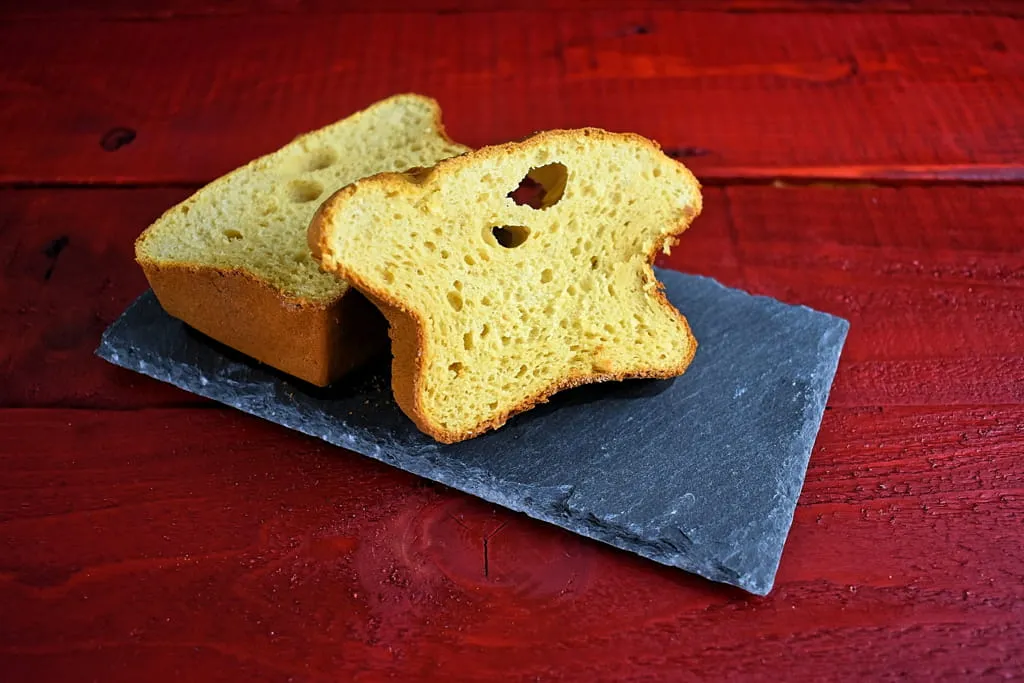
Enjoy!
— — —
Advanced – Classic
- Separate eggs. Once the eggs are aired up, every second is a second flatter cake so giddy up and make sure the oven is heating up.

- Whisk the egg yolks, honey or sweetener of choice and salt until fluffy and pale yellow.

- Clean whisks and bowl then whip egg whites until stiff peaks form. At this stage the egg white shouldn’t fall out of the bowl when turned upside down.

- Gently fold egg whites into the yolk in batches.

- Sift and fold the flour in batches into the already folded yolk and egg white.

- This must be done sifting the flour in batches.

- Otherwise the big flour lumps will destroy the fluffiness of the eggs. We need those holes for fluffiness.

- Pour the mixture into the mold and put it into the preheated oven.

- Place it onto the middle rack of a preheated 300°F / 150°C oven then Bake it until the kitchen thermometer registers 190°F / 88°C which should happen when the top gets golden brown in about 50 minutes.

- Flip it onto a cooling rack and let it cool down before slicing.

Enjoy!
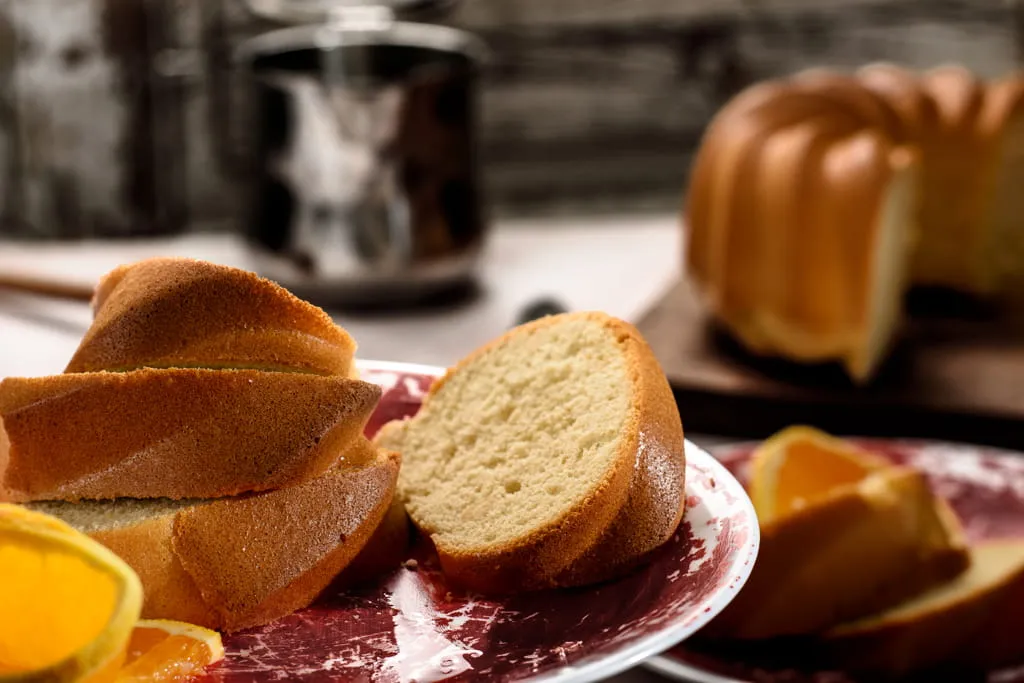
Note: Don’t worry if the sponge cake hasn’t turned out as fluffy as it supposed to be! Practice makes it better and there is heaven for the failed cakes on earth: Check out this awesome Leftover cake recipe!
Be it keto, gluten or dairy free, there is a sponge cake for everyone:
- Keto Chocolate Cake
- Gluten Free Sponge Cake
- Chocolate Sponge Cake
- Dairy, Sugar & Gluten Free Chocolate Cake Recipe
F.A.Q.
What makes the cake moist and fluffy?
In the case of plain sponge cake the moistness comes from the eggs and the added water. Fluffiness also comes from the eggs and the lack of dense ingredients like flour. The more flour it is added the less fluffier the sponge cake will be. Incorporating air into the eggs hence increasing its volume is also a crucial step for achieving a fluffy cake.
How to make sponge cake Fluffy?
Sponge cakes are fluffy by nature. If a sponge cake lacks fluffiness it’s because too much flour has been added to the beaten eggs. Baking powder can also be added to increase volume with the same amount of solid ingredients hence creating sponginess but traditional sponge cakes don’t need baking powder.
Is sponge cake bad?
No, not that bad. If we leave out sugar and only use flour we are on the path to enlightenment. Of course it won’t make it super healthy but at least it won’t be bad.
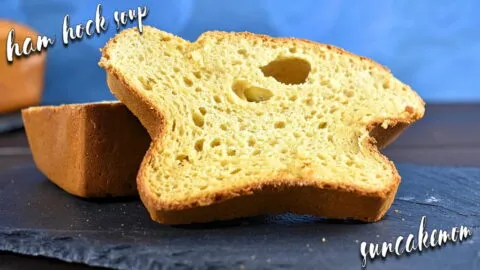

Star this recipe!
Fast and Easy Sugar Free Sponge Cake Recipe
Ingredients
Beginner
- 6 medium Eggs
- ½ cup Water depending on flour moisture content
- 2 cups Plain flour
- 2 tablespoons Honey or sweetener of choice optional
- 2 teaspoons Baking powder check instruction on packaging (optional for extra fluffiness as eggs should do the job)
Advanced – Classic
- 6 medium Eggs
- 2 tablespoons Honey or sweetener of choice optional
- 1 teaspoon Salt
- 2 cups Flour or a bit less
Instructions
Beginner
- Separate egg whites from yolks and put them into two different medium sized bowls. (How to separate egg yolk from white)

- Beat yolks and water with an electric whisk on high speed. If we use any sweetener then add it now. The yolk will raise up quite a bit. It’s ready when it is light yellowish in color and stops growing.

- Clean beaters properly before using it to whisk egg whites. Make sure they are spotlessly clean otherwise egg whites may won’t form peaks. Beat egg whites on high speed until peaks form. This will take a couple of minutes but it doesn’t need to be as hard as to be able to hold a spoon on its edge.

- Gradually mix the flour and the optional baking powder with the yolks until they are completely incorporated.

- We are looking for a soft mixture here. Maybe a little bit less dense than honey so if we feel that it’s hard to mix then add some water to it one tablespoon at a time.

- Use a spatula to fold the whites into the yolks-flour mixture little by little.

- Avoid stirring, we are trying to achieve a consistent yellowish light texture here without breaking the fluffiness of the egg whites too much.

- Get baking form ready by covering it with baking sheet or spreading butter and sprinkling some flour on top to avoid pastry sticking to the baking form or use a silicon mold. Pour the mixture into the baking form.

- Bake the sponge cake in a 356°F / 180°C preheated oven until its internal temperature reaches 190°F / 88°C, which should happen when its top gets golden brown, in 20 to 25 minutes.

Advanced – Classic
- Separate eggs. Once the eggs are aired up, every second is a second flatter cake so giddy up and make sure the oven is heating up.

- Whisk the egg yolks, honey or sweetener of choice and salt until fluffy and pale yellow.

- Clean whisks and bowl then whip egg whites until stiff peaks form. At this stage the egg white shouldn’t fall out of the bowl when turned upside down.

- Gently fold egg whites into the yolk in batches.

- Sift and fold the flour in batches into the already folded yolk and egg white.

- This must be done sifting the flour in batches.

- Otherwise the big flour lumps will destroy the fluffiness of the eggs. We need those holes for fluffiness.

- Pour the mixture into the mold and put it into the preheated oven.

- Place it onto the middle rack of a preheated 300°F / 150°C oven then Bake it until the kitchen thermometer registers 190°F / 88°C which should happen when the top gets golden brown in about 50 minutes.

- Flip it onto a cooling rack and let it cool down before slicing.

Notes
Pin now, Enjoy later!
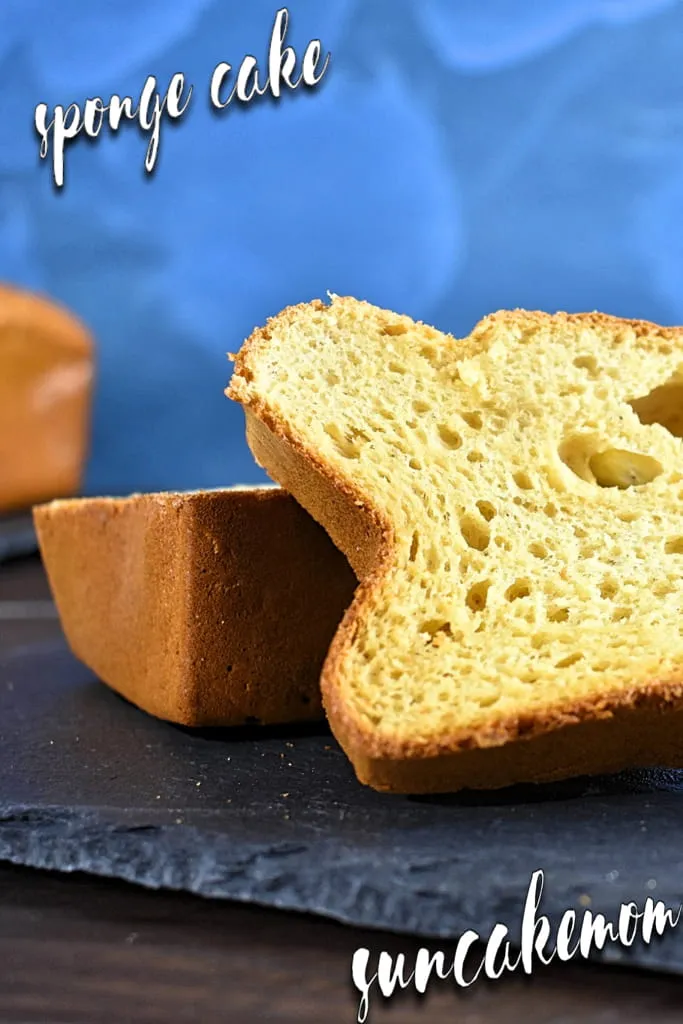




































I love this cake. It’s simple as that!
I’ve never thought sponge cake can be done without sugar at all and it’s possible!
Really cool one! Thanks!
It really is simple. Thanks!
Not as sweet if all the sweetener is skipped but it’s a perfect base for sugar free desserts indeed.
Glad you’ve liked it! Thanks for the feedback!
Can I replace water with almond milk? Would it taste better?
However water and milk make slight differences to the end results in terms of function milk and water are generally interchangeable in recipes. Using milk tend to produce a softer texture than water and adds a bit of sweetness which is largely undetectable due to the high amount of sweetener we use in such recipes anyway.
Although almond milk is called a milk it has nothing do with it as it largely consist of water, some almond and depending on the brand sweeteners and stabilizers. So yes you can definitely use almond milk instead of water.
Sponge cakes aren’t really exciting cakes in general. Most of them are just utterly sweet things with powdered sugar on top. As this recipe is only meant to be a base for spongecake based desserts it’s even less joyful. So anything you do with it, it will make it taste better. This is a step further: https://www.suncakemom.com/treats/chocolate-sponge-cake
First sugar free cake I have baked that is risen and fluffy and light. Thank you for sharing the recipe.
Always happy to help! 😀 Thanks for the feedback and have a delicious journey with your cakes!